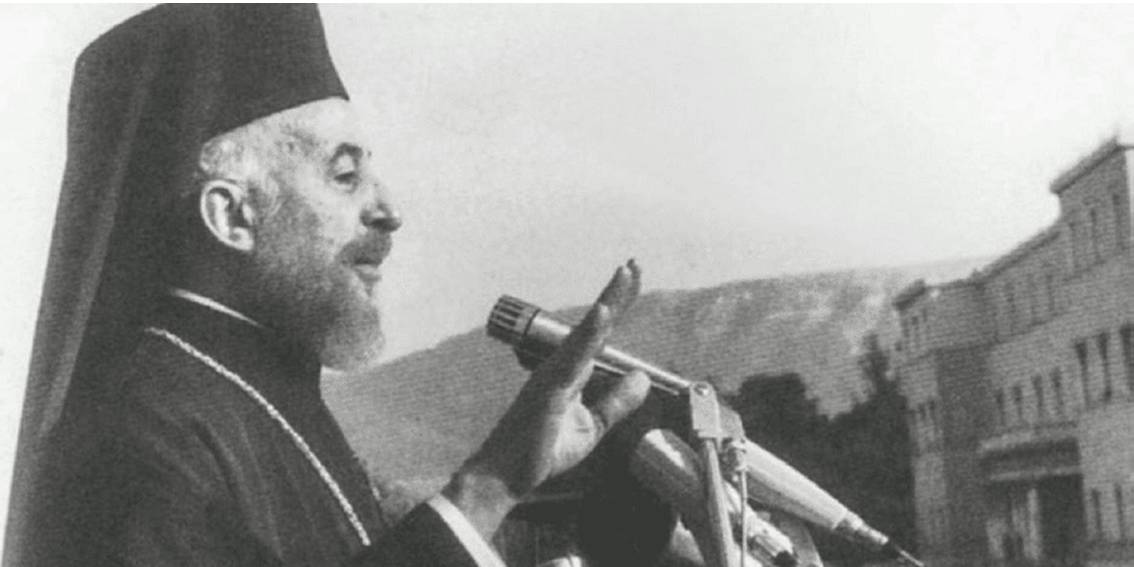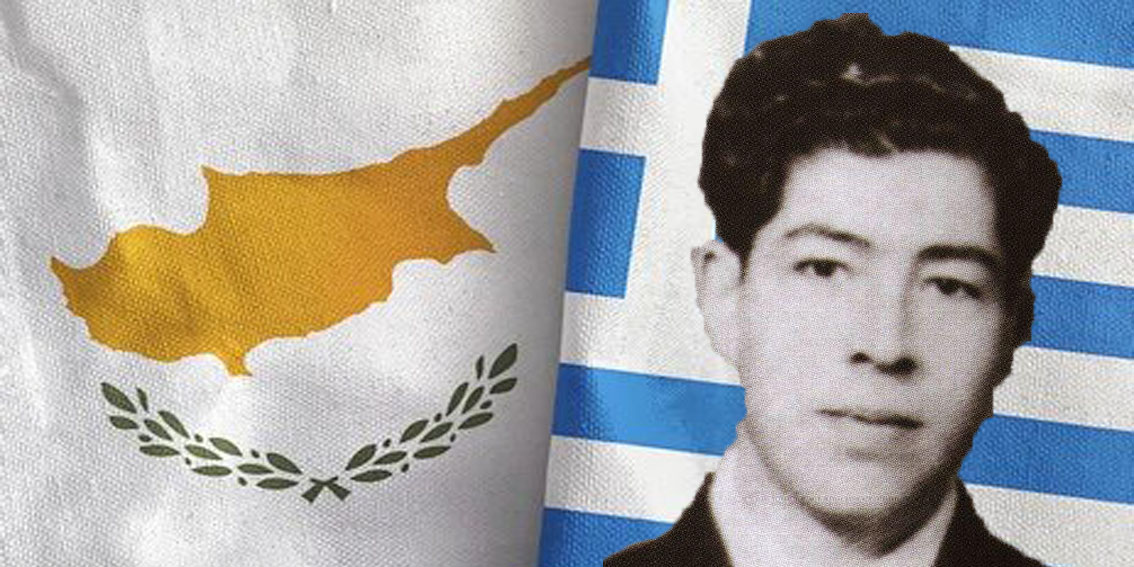A Drastic Deportation
Exile of Makarios: On March 8, 1956, British authorities sent Archbishop Makarios III, the charismatic political and spiritual leader of the Greek Cypriot community, into exile. This drastic action aimed to break the momentum of the Enosis movement, which sought to unite Cyprus with Greece. Instead, the exile created a profound political deadlock, hardening positions and extinguishing any immediate hope for a peaceful settlement.
The Unyielding Demand for Enosis
For the Greek Cypriot majority, the concept of Enosis was not merely a political preference; it was a national aspiration. They saw their cultural and ethnic future as inextricably linked to Greece. Archbishop Makarios embodied this cause. His dual role as religious leader and political representative gave him unparalleled authority. He channelled this popular will into direct political demands, arguing that the Cypriot people had the right to self-determination. The British government, however, consistently rejected these calls. London viewed the island as a strategically vital military base, especially with the declining stability of its other Middle Eastern interests. This fundamental clash of objectives—self-determination versus imperial security—created an intractable conflict.
The Rise of EOKA and British Retaliation
As diplomatic appeals failed, a more militant faction took action. In 1955, Colonel Georgios Grivas formed the National Organisation of Cypriot Fighters (EOKA). This group launched a violent guerrilla campaign against British rule. The British administration branded EOKA as terrorists and held Makarios responsible for the violence. They accused him of inciting the fighters and providing moral and political cover for their actions. Despite Makarios’s public position as a political leader, the British government decided that removing him would decapitate the movement. They believed that without his leadership, the campaign for Enosis would collapse.
The Seizure and Deportation
On the morning of March 9, 1956, British authorities announced the previous day’s operation. Security forces had detained Archbishop Makarios and swiftly transferred him to a waiting military aircraft. The plane carried him not to a neighboring country, but to the distant Seychelles islands in the Indian Ocean. This deliberate choice of such a remote location underscored Britain’s intention to isolate him completely from the political scene in Cyprus. The government justified the move as a necessary measure to restore law and order and to combat terrorism.
A Strategy Backfires
The exile of Makarios produced the opposite of its intended effect. Rather than causing the Enosis movement to crumble, it ignited fierce anger and resentment across the island. Makarios became a potent martyr figure in his absence, and his exile unified the Greek Cypriot community behind him more strongly than ever. Crucially, his removal created a critical vacuum in political leadership. No other Greek Cypriot figure possessed his authority to negotiate. With Makarios gone, the British had no one with whom they could discuss a political solution. Simultaneously, EOKA intensified its armed campaign, finding fresh recruits and greater public sympathy. The situation descended into a deeper cycle of violence and repression.
The Deepening Deadlock
The period following the exile solidified a complete political stalemate. The British government could not defeat EOKA militarily, nor could it find a credible partner for talks. The Greek Cypriots, leaderless and enraged, refused to consider any settlement that did not include both self-determination and the return of their Archbishop. The exile had shattered any remaining trust between the two sides. For four years, Makarios remained in detention, his absence a constant symbol of the unresolved conflict. His release in 1959 did not bring Enosis, but rather an independent republic with him as its first president. The exile of 1956, however, remained a defining moment, a failed gambit that deepened a conflict and cemented a legacy of distrust on the island.




